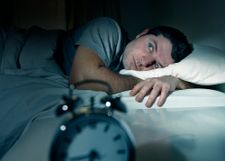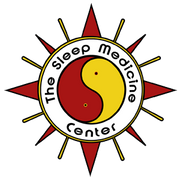What Is Shift Work Disorder & How Is It Treated?

When your sleep and work schedule conflicts with your natural circadian rhythm, you may find yourself unable to sleep on your off hours and uncontrollably drowsy during work hours. This type of sleeping disorder is known as "shift work disorder," and it affects many people who work second shift or graveyard shift jobs. If you are unfamiliar with the concept, Glacier Headache & Sleep Medicine, a renowned sleep study center in Kalispell, MT, explains the common symptoms and discusses some of the most effective ways to treat shift work disorder.
What Are the Symptoms of Shift Work Disorder?
 Common symptoms include insomnia during hours when sleep is appropriate and an inability to remain awake, alert, and productive during waking hours. Symptoms also include a lack of energy, difficulty concentrating, and brief spurts of sleep that do not leave you feeling refreshed. Many sufferers also experience irritability, feelings of depression, and difficulty maintaining relationships with family, friends, and coworkers. It is a chronic disorder that eventually begins to affect the patient's well-being and interferes with both family and work life.
Common symptoms include insomnia during hours when sleep is appropriate and an inability to remain awake, alert, and productive during waking hours. Symptoms also include a lack of energy, difficulty concentrating, and brief spurts of sleep that do not leave you feeling refreshed. Many sufferers also experience irritability, feelings of depression, and difficulty maintaining relationships with family, friends, and coworkers. It is a chronic disorder that eventually begins to affect the patient's well-being and interferes with both family and work life.
How Do You Treat Shift Work Disorder?
There are several treatment options for shift work disorder. For instance, some patients find success taking melatonin tablets, an over-the-counter supplement that replaces a hormone secreted by the brain's pineal gland. It promotes feelings of drowsiness and helps acclimate patients to their off-cycle schedule. Others have luck with light therapy, where they sit by a light box during certain times of the day to reorient their circadian rhythm with exposure to simulated sunlight. Patients with particularly obstinate symptoms may require prescription pharmaceuticals to sleep or to remain awake.
If you are experiencing shift work disorder, restless leg syndrome, sleep apnea, or another sleeping disorder, Glacier Headache & Sleep Medicine in Kalispell, MT, could be the answer. They've completed more than 10,000 sleep studies over the last two decades and provide effective treatments that improve your sleep and quality of life. Visit their website to learn more, or call (406) 752-1729 to discuss your symptoms.
About the Business
Have a question? Ask the experts!
Send your question

